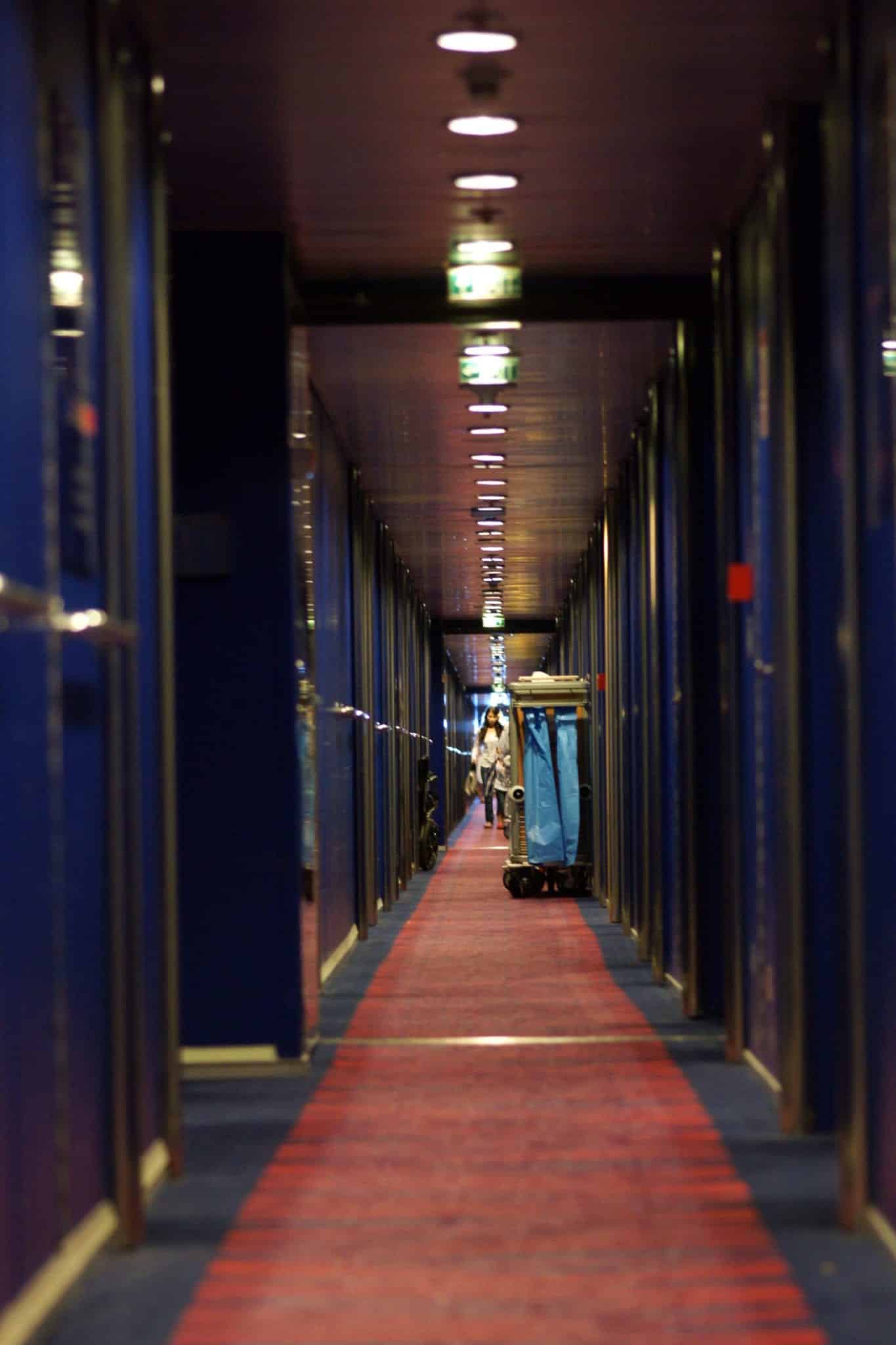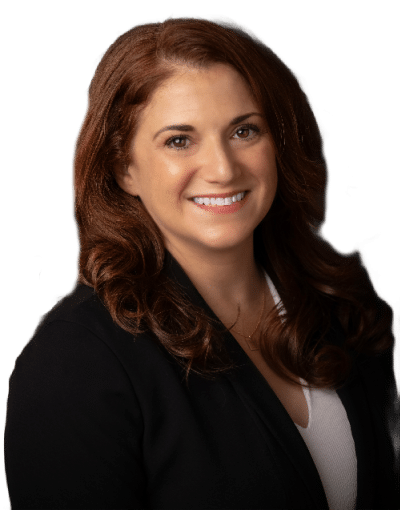Imagine being on a cruise, sailing along, and then the worst happens – the coronavirus breaks out on board and you’re forced to stay quarantined on the ship.
You don’t have to work so hard to imagine this scenario because it’s exactly what happened to travelers aboard the Diamond Princess. Passengers on this ship have been embroiled in a nearly month-long ordeal of confusing quarantine directives…and the worst part? Fear.
This may quell the desire of many to book a cruise any time in the near future, but the fact is, it doesn’t really matter when you choose to cruise — amidst a possible pandemic like coronavirus, there are proper procedures and protocols to follow ensuring everyone’s legal rights are upheld.
The problem with the current medical crisis is that, as Princess officials admit, they weren’t. Here’s what you should know about cruise ship quarantine and what you can do if you feel your rights have been violated.
Quarantine and Isolation: The Difference
The Centers for Disease Control and Prevention (CDC) recommend washing hands and refraining from touching your face as a personal first line of defense against disease to help you stay healthy whether you’re on a cruise or not.
However, things change when it’s already determined you are infected. The first step is separating yourself from others. For people who are sick or have been exposed to the virus, the difference between isolation and quarantine can be a confusing one.
According to the CDC, isolation is separating those with confirmed illnesses from others to help reduce the transmission of the illness.
Quarantine, on the other hand, is when the movement of a group of people who may have been exposed to the infection is restricted as a tactic to help reduce the spread of a pathogen.
Basically, isolation is for people who are actively sick while quarantine is for people who are well but may have been exposed to a disease.
Quarantine on a Cruise Ship Serves Two Purposes
For those aboard the Diamond Princess, a quarantine was activated. This is a measure put in place to protect the public and meant to prevent exposure to illness.
Of course, that’s the medical function. Quarantine aboard a cruise ship may also be seen as a police power function, grounded in the rights of the state to take action for the benefit of society.
The Commerce Clause
On a federal level, the legal authority to quarantine comes from the U.S. Constitution, specifically the Commerce Clause. Section 361 of the Public Health Services Act give the U.S. Department of Health and Human Services the right to take measure to prevent the entry of and spread of communicable disease.
Quarantines are Subject to Protocols of Nearest Port Country
In the specific case of the Diamond Princess, which was in port in Japan, Princess Cruises worked with the Japanese Ministry of Health to help them deal with the quarantine effectively because they are in Japanese waters.
The passengers on the ship are considered visitors to Japan and are therefore subject to Japanese quarantine protocols.
This same principle can be applied if you ever face a quarantine on a cruise ship: The laws of the country you are docked in apply. We recommend before cruising, you double-check the protocols of the countries where your port-of-calls are located.
Stay Safe and Healthy on the High Seas

Dealing with a health emergency such as coronavirus on a cruise ship is challenging for all involved but remember that you still have rights.
When you’ve done your research you can feel confident about your rights when illness surfaces. If you ever feel as if they have been violated, then you may have grounds to file a lawsuit. Discuss your case with an experienced cruise attorney as soon as you can.
About the Author:
Andrew Winston is a partner at the personal injury law firm of Winston Law. For over 20 years, he has successfully represented countless people in all kinds of personal injury cases, with a particular focus on child injury, legal malpractice, and premises liability. He has been recognized for excellence in the representation of injured clients by admission to the Million Dollar Advocates Forum, is AV Preeminent Rated by the Martindale-Hubbell Law Directory, enjoys a 10.0 rating by AVVO as a Top Personal Injury Attorney, has been selected as a Florida “SuperLawyer” from 2011-2017 – an honor reserved for the top 5% of lawyers in the state – and was voted to Florida Trend’s ”Legal Elite” and as one of the Top 100 Lawyers in Florida and one of the Top 100 Lawyers in the Miami area for 2015, 2016, and 2017.






